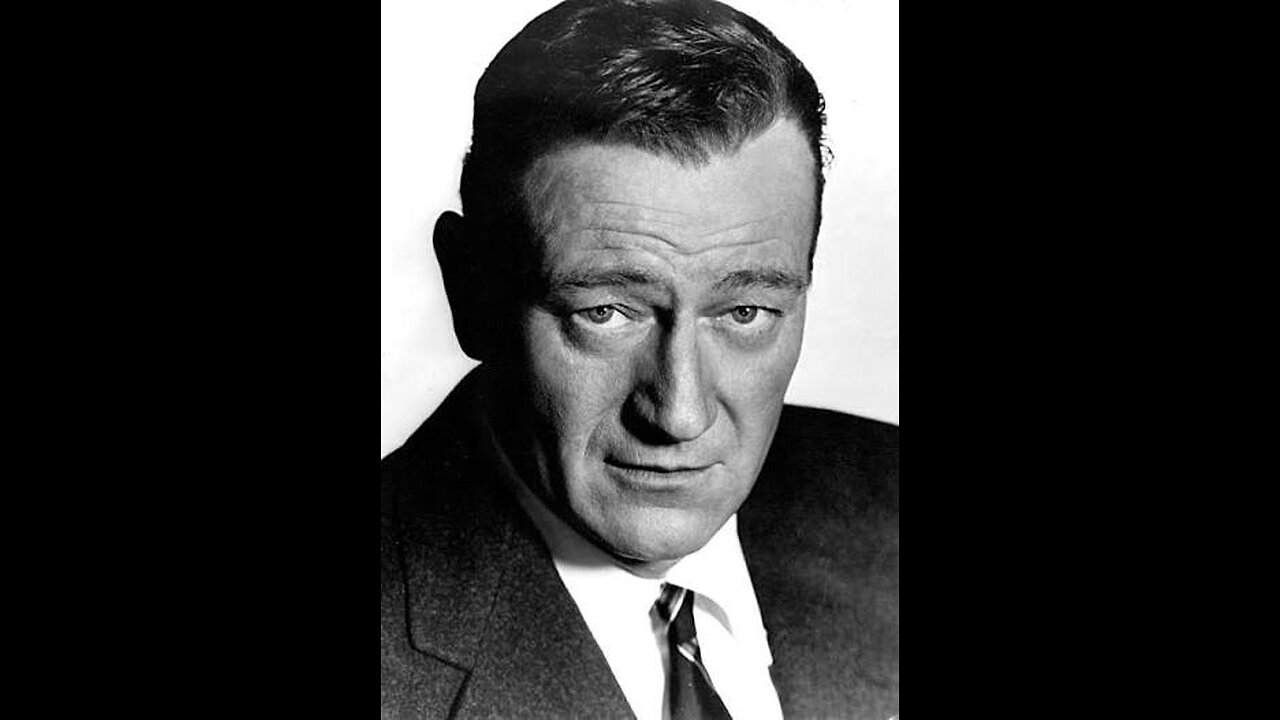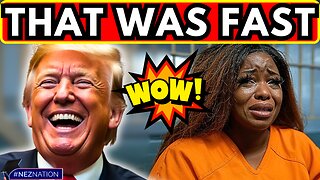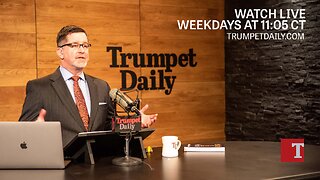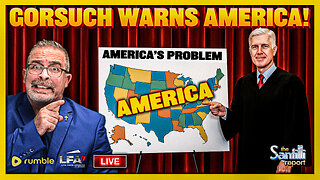Premium Only Content

How the USA stole mens Dignity.
The Rockefeller Drug Laws are the statutes dealing with the sale and possession of "narcotic" drugs in the New York State Penal Law. The laws are named after Nelson Rockefeller, who was the state's governor at the time the laws were adopted. Rockefeller had previously backed drug rehabilitation, job training and housing as strategies, having seen drugs as a social problem rather than a criminal one, but did an about-face during a period of mounting national anxiety about drug use and crime.[1] Rockefeller, who pushed hard for the laws, was seen by some contemporary commentators as trying to build a "tough on crime" image in anticipation of a bid for the Republican presidential nomination in 1976. The bill was signed into law by Governor Rockefeller on May 8, 1973.
Under the Rockefeller drug laws, the penalty for selling two ounces (57 g) or more of heroin, morphine, "raw or prepared opium", cocaine, or cannabis or possessing four ounces (113 g) or more of the same substances, was a minimum of 15 years to life in prison, and a maximum of 25 years to life in prison. The original legislation also mandated the same penalty for committing a violent crime while under the influence of the same drugs, but this provision was subsequently omitted from the bill and was not part of the legislation Rockefeller ultimately signed. The section of the laws applying to marijuana was repealed in 1977, under the Democratic governor Hugh Carey.
The adoption of the Rockefeller drug laws gave New York State the distinction of having the most severe laws of this kind in the entire United States—an approach soon imitated by the state of Michigan, which, in 1978, enacted a "650-Lifer Law", which called for life imprisonment, without the possibility of parole for the sale, manufacture, or possession of at least 650 grams (1.43 lb) of cocaine or any Schedule I or Schedule II opiate.
By the 1980s, the drug laws were a major reason for increased incarceration in New York City, as the NYCPD started policing street-level drug markets much more intensively.
it escalated into private prisons and private security working with government to monitor our new criminals
A private prison, or for-profit prison, is a place where people are imprisoned by a third party that is contracted by a government agency. Private prison companies typically enter into contractual agreements with governments that commit prisoners and then pay a per diem or monthly rate, either for each prisoner in the facility, or for each place available, whether occupied or not. Such contracts may be for the operation only of a facility, or for design, construction and operation.
which has lead to destruction of the home and mens ability to generate an income.
which has lead to dehumanizing and more liberal soft behavior forcing the state to solve everyone's problems nowand we pay for it dearly with our taxes
-
 LIVE
LIVE
Rebel News
1 hour agoOstrich vigil update, Carney on pipeline debate, OneBC fights land grabs | Rebel Roundtable
343 watching -
 LIVE
LIVE
Dr Disrespect
2 hours ago🔴LIVE - DR DISRESPECT - BLACK OPS 7 - LAUNCH DAY CHAMPION
1,437 watching -
 1:30:43
1:30:43
Steven Crowder
4 hours agoToday, Everybody Gets the Smoke
261K150 -
 16:09
16:09
Professor Nez
1 hour agoEpstein Narrative COLLAPSES in Jasmine Crockett's FACE on LIVE TV!
9.48K5 -
 41:25
41:25
The Rubin Report
3 hours agoBari Weiss Shocks Media Establishment with Ballsy Next Move That No One Expected
35.9K19 -
 LIVE
LIVE
The Shannon Joy Show
2 hours agoSJ Show Nov 14 - The SJ Friday Matinee Watch Party With Commentary Featuring IDIOCRACY!
32 watching -
 1:00:52
1:00:52
Trumpet Daily
2 hours agoTrumpet Daily LIVE | Nov. 14, 2025
14K6 -
 1:02:21
1:02:21
VINCE
5 hours agoDoes The FBI Have Hillary's Missing Emails? | Episode 169 - 11/14/25 VINCE
201K177 -
 LIVE
LIVE
LFA TV
16 hours agoLIVE & BREAKING NEWS! | FRIDAY 11/14/25
2,269 watching -
 1:25:56
1:25:56
Graham Allen
5 hours agoThis Is How We Win The Midterms!!! No More Games….WIN OR WE LOSE EVERYTHING!
129K1.74K